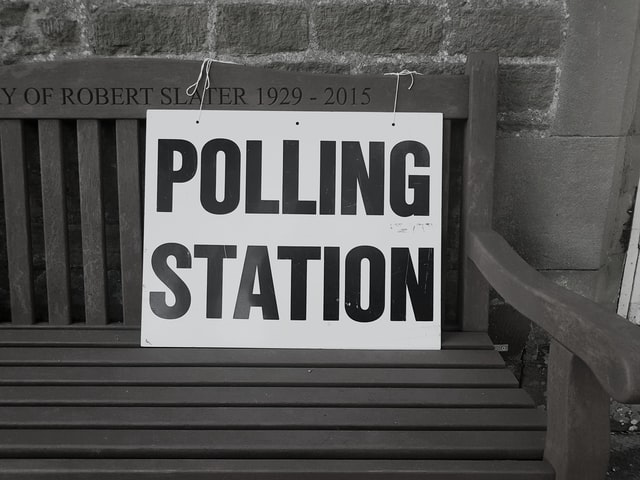I might be loosely described as an IT factotum – programmer, analyst, project manager, consultant, troubleshooter, help desk supervisor – I have built PCs and installed operating systems.
To make computers work we must set emotions aside in favour of evidence and logic. Likewise to design human interfaces and troubleshoot problems we must account for human factors.
I learned to park my emotions and respect evidence and logic – so when senior management complain that a system “doesn’t work” and “when will I fix it?”, I respond: “show me the evidence, then I can fix it”.
I discovered that technical problems are not always caused by faulty program code. It sometimes happens that the code is perfect – but it doesn’t work! How so?
All code relies on (stated and unstated) assumptions – that the hardware and operating systems work, the network works, data in the databases comply with rules, etc. When the code is perfect but doesn’t work, it’s an underlying assumption that is broken.
And so it is with politics. Do our systems of government work, or are they broken? There is a reason we re-elect our politicians every few years – we need to weed out those that don’t work. But we’ve been doing that for at least a century, and few would say that all is now satisfactorily responsive.
So what assumptions underlie our political systems?
- Our electoral systems are incorruptible.
- Elected politicians are incorruptible. They are not, they are human. How corrupt are they? How do the corrupt get weeded out?
- Elected politicians represent our interests. In practice they obey the political parties. Who controls the parties? “Follow the money” is but one useful guide.
- The civil service works for our government. There are thousands of civil servants in the cabinet office alone – more than enough to run rings around any cabinet minister (“Yes Minister” was a documentary!).
- Our politicians can change any legislation. But much control is delegated to NGOs QUANGOs and regulators of byzantine complexity, even charities (yes, the Franco-British Council is a “charity”), making change an impossibly glacial process.
- Our politicians owe primary allegiance to their voters. But their sojourn in the EU belies that belief, international treaties need not be voted in Parliament, and steadfast adherence to extra-national bodies (UN-WEF, NATO) is asserted. Are these bodies all trustworthy and democracy-compatible?
- Parliament’s website states: “Parliamentary sovereignty is a principle of the UK constitution. It makes Parliament the supreme legal authority in the UK, which can create or end any law. Generally, the courts cannot overrule its legislation”.
These statements are simply wrong.
Both constitutional law and Common Law override Parliament and legislation. Magna Carta 1215 still holds. The monarch must agree all Acts of Parliament, and is constrained by the Coronation Oath. Any jury can ignore unjust legislation or legal precedent via a “not guilty” verdict. This is our remaining constitutional defence against tyranny.
Does Parliament not know this?

